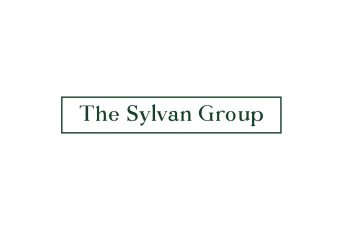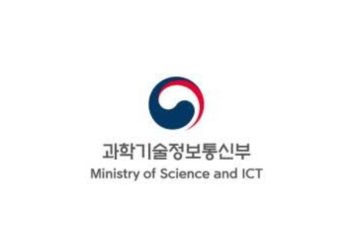LG Chem announced on Thursday that it accomplished a test flight of Korea Aerospace Research Institute’s (KARI) unmanned aerial vehicle (UAV) EAV-3 powered by the South Korean battery maker’s next-generation lithium-sulfur (Li-S) battery technology.
KARI’s unmanned aerial vehicle, called the EAV-3, flew in the stratosphere using LG Chem’s next-generation lithium-sulfur battery. The EAV-3 achieved an altitude of 22 kilometers (14 miles) above sea level, breaking South Korea’s highest recorded flight for a UAV.
The aerial vehicle wings span 20 meters (65 feet) with a fuselage length measuring 9 meters (30 feet). The UAV weighs around 21 kilograms (46 pounds) and works typically using eco-friendly energy sources such as solar power and lithium-ion batteries.
KARI performed the test flight in its Goheung aviation facility last August 30, where the EAV-3 flew for a total flight time of 13 hours. LG Chem said that the UAV stably operated for seven hours at an altitude between 12 and 22 kilometers (8 and 14 miles) above sea level.

LG Chem prepared for the test flight for 18 months, using a simulated environment that imitated stratospheric environmental conditions. The testing period allowed the company to find the best solution to increase the Li-S’ performance in actual flight.
Lithium-Sulfur Battery: Next-Generation Battery
The lithium-sulfur battery functioned well in minus 70 degrees Celsius and at an atmospheric pressure 1/25th compared to ground level.
LG Chem said that the test flight proved that lithium-sulfur batteries provided stable charging and discharging in extreme conditions. The Li-S battery contains a higher density that is 1.5 times higher than a lithium-ion battery. The batteries also weigh lighter with lower prices against existing lithium-ion batteries since it does not utilize rare metal resources.
Lithium-sulfur batteries replace the cathode material with sulfur compared to lithium-ion batteries with magnesium, cobalt, and nickel composition. According to LG Chem, this allows the batteries to have a lighter weight, higher density, and lower cost.
LG Chem expects that the Li-S batteries could power a wide range of mobility platforms such as electric vehicles, aircraft, and long-range drones. The company plans to begin mass-production of the next-generation batteries by 2025.







